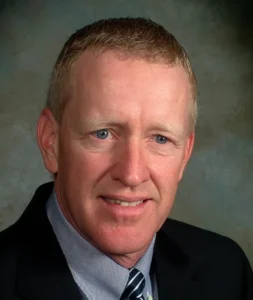Mark Mitchell has recently posted about marrying young. This becomes a topic of conversation, of course, when no one is doing it. I find in my conversations with students that one of the reasons for this is confusion about the dating scene, uncertainty about careers, and a view of mariage that is both too romanticized and too impoverished. Comes this nice little piece from Salon (of all places) from a young woman who understands the virtues of marrying young. Indeed, she seems to me to have come to wisdom pretty early. Some highlights:
Marriage wasn’t something we did after we’d grown up—it was how we have grown up and grown together. We’ve endured the hardships of typical millennials: job searches, job losses, family deaths, family conflict, financial fears, and career concerns. The stability, companionship, and intimacy of marriage enabled us to overcome our challenges and develop as individuals and a couple. We learned how to be strong for one another, to comfort, to counsel, and to share our joys and not just our problems.
And this:
Sometimes people delay marriage because they are searching for the perfect soul mate. But that view has it backward. Your spouse becomes your soul mate after you’ve made those vows to each other in front of God and the people who matter to you. You don’t marry someone because he’s your soul mate; he becomes your soul mate because you married him.
Good stuff. And here you can find another Slate author’s amor fati and unpersuasive, though indicative, rejoinder.




